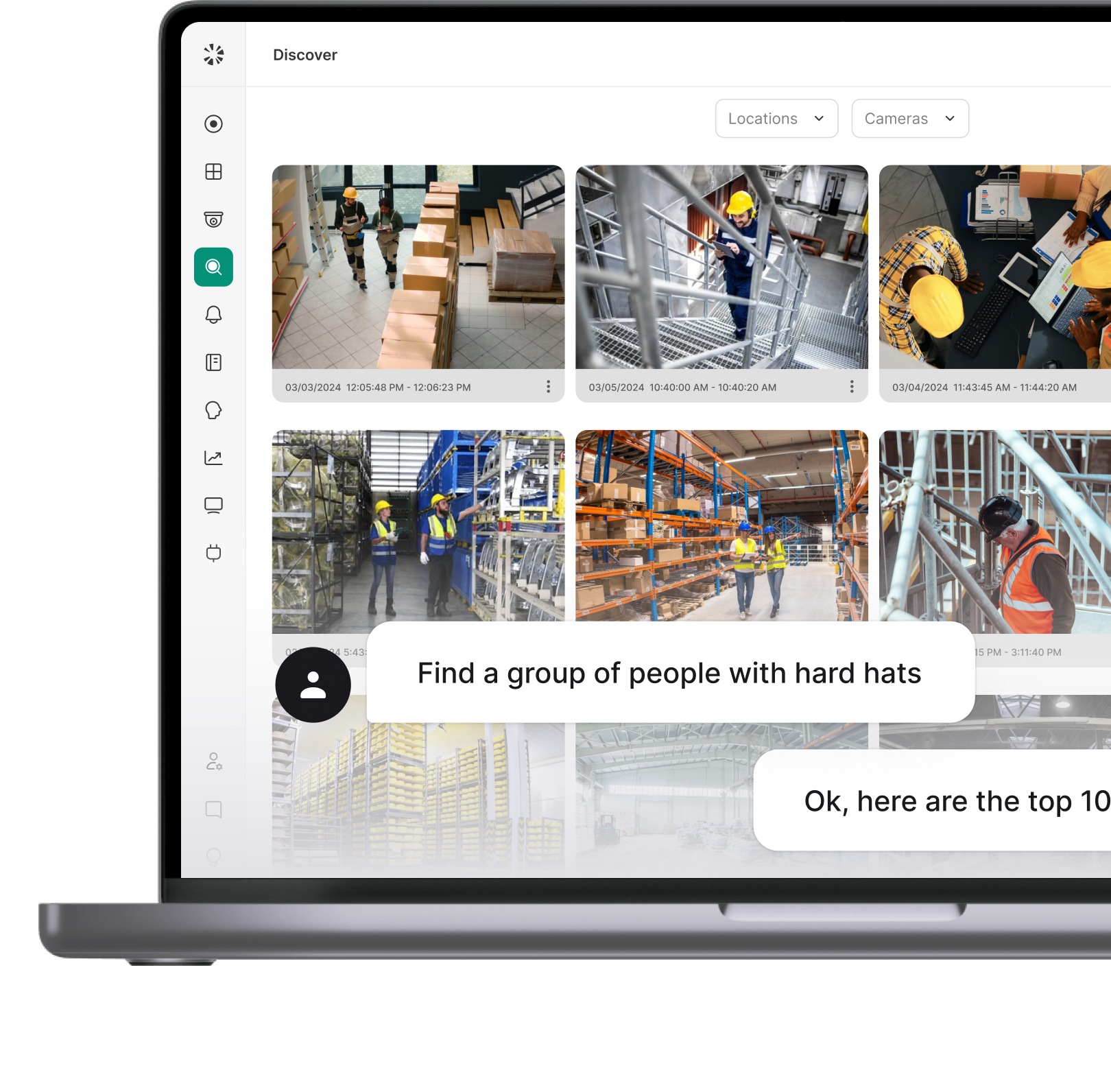NVR (Network Video Recorder)
TL/DR: An NVR is a device for recording and managing video streams from IP cameras over a network, commonly used in surveillance systems for centralized storage and remote access.
Definition:
A Network Video Recorder (NVR) is a device used to record video footage from IP cameras over a network. It stores and manages digital video streams for surveillance and security purposes, often providing features like remote access and playback.
How It Works:
NVRs connect to IP cameras via a local network or the internet to receive video streams. The video is stored digitally on hard drives within the NVR. Advanced NVRs often include software for real-time monitoring, motion detection, and video analytics, accessible remotely through mobile apps or web interfaces.
Applications:
- Surveillance Systems: Recording and managing video feeds from multiple IP cameras.
- Business Security: Monitoring office spaces, warehouses, and retail stores.
- Home Security: Providing centralized storage for residential surveillance cameras.
- Traffic Monitoring: Recording footage from road and intersection cameras.
- Industrial Use: Supervising factory floors or hazardous environments.
Key Benefits:
- Simplifies video management with centralized storage.
- Supports high-resolution video recording from multiple cameras.
- Enables remote access and real-time monitoring.
- Integrates with advanced video analytics for enhanced security.
Challenges:
- Requires sufficient network bandwidth and storage capacity for high-resolution video.
- Vulnerable to cyberattacks if not properly secured.
- Compatibility issues with cameras from different manufacturers.




